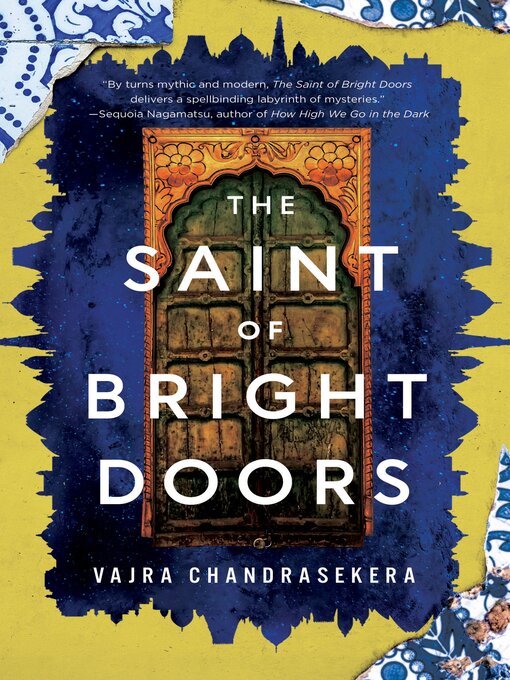derekvan@bookwyrm.social a publié une critique de The Saint of Bright Doors par Vajra Chandrasekera
Dreamy and magical
3 étoiles
This book was kind of lyrical and throughout it's hard to say one knows what is going on, but also it's kind of breezy in ways so it doesn't really matter. Some hard stuff goes down, but it always seems kind of dreamy or breezy. It's set in a south asian imaginary place, so it feels pretty foreign throughout, and also a magical realism kind of place as well. Overall, not a bad book, but pretty far out of the genres I'm used to and the kinds of stories I'm engaged in.
This book was kind of lyrical and throughout it's hard to say one knows what is going on, but also it's kind of breezy in ways so it doesn't really matter. Some hard stuff goes down, but it always seems kind of dreamy or breezy. It's set in a south asian imaginary place, so it feels pretty foreign throughout, and also a magical realism kind of place as well. Overall, not a bad book, but pretty far out of the genres I'm used to and the kinds of stories I'm engaged in.



